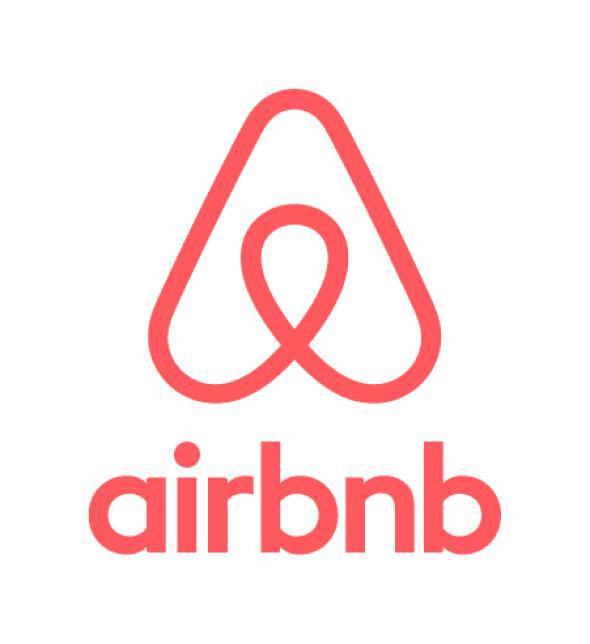Airbnb took a big step Thursday toward eradicating discrimination by its hosts—or, at least, toward removing those hosts from its network.
In a 32-page report prepared by Laura Murphy, a consultant, with help from the company’s summer hire, former Attorney General Eric Holder, the company announced plans to weed out discriminatory hosts.
Those include a product team to detect bias in Airbnb bookings, reduced prominence of personal photos, and a commitment to diversifying the company’s workforce. Under a new “Open Door” policy, the company will help guests who believe they’ve been discriminated against find new accommodations quickly.
Those changes come in response to the public outcry of black guests, who brought widespread attention to racist Airbnb hosts this summer. The company is also the defendant in a class-action lawsuit filed by a black guest in Washington, D.C., though the Civil Rights Act permits discrimination by operators of small rooming houses. Airbnb itself, as a self-described marketplace, was unlikely to be legally at fault for the actions of its hosts, under federal protections for the content published by internet companies.
So the new, voluntary initiative has the feel of genuine corporate repentance. Nevertheless, it illustrates the tension inherent in running the world’s largest hotel operation in a million private bedrooms and bathrooms.
In a letter sent by Airbnb on Thursday morning, for example, the company touted a new “Community Commitment” to mutual respect, which, starting Nov. 11, guests and hosts will have to agree to before using Airbnb. “By joining this community,” it reads, “you commit to treat all fellow members of this community, regardless of race, religion, national origin, disability, sex, gender identity, sexual orientation or age, with respect, and without judgment or bias.”
The new nondiscrimination policy, though, isn’t quite so expansive. Owners of shared accommodations may still decline to rent to a guest based on gender. Women who share living spaces with guests may refuse to rent to men. But they may not refuse to rent to trans women. Likewise, it appears that men could show bias toward men, but not—à la Couchsurfing—toward female travelers.
Age also isn’t covered: You can still decline to rent to families, young people, or old people, except where otherwise prohibited by law.
Despite those exceptions, though, the policy offers pretty broad guarantees to protected groups, and gives hosts—at least in theory—no right to reject, say, a homosexual or transgender guest from their bathroom. It goes far beyond the Civil Rights Act, which gives lots of leeway to bnb owners.
Will hosts find those terms unfairly restrictive? How effective a policy this is depends on how rigorously Airbnb enforces it. How many times must an evangelical family decline to host an unmarried couple before it counts as discrimination? The proof will be in the pudding. If a host tells a guest the accommodation is no longer available, Airbnb will remove the listing for the days specified, to prevent discriminatory renting. But in the long term, a lot depends on how Airbnb defines bias—and how aggressively it goes after it.
